How headphones can affect your hearing
Excessive use of headphones can lead to long-term hearing loss.

Many people wear headphones throughout the day to enjoy music, podcasts, and more. However, excessive usage can easily impair the auditory nerve and the inner ear’s hair cells, potentially resulting in permanent hearing loss.
Headphones use electromagnets to project sound directly into your ears in order to create a more immersive experience for the listener and prevent the listener’s music from disturbing others. When sound waves travel through the ear, they eventually find their way to the cochlea, a fluid-filled chamber containing thousands of miniscule hair cells (called stereocilia). This is where sound is made interpretable to the brain: the fluid vibrates in response to sound waves, bending the hair cells, which does the job of converting mechanical vibrations into electrical signals and sending those through the acoustic nerve.
In response to loud sounds, the hair cells become less sensitive to vibrations as they begin to bend down too far and abruptly, producing the temporary sensation of losing your hearing. “It definitely feels weird after taking off your headphones after blasting music for a while,” said sophomore Chelsea Nan.
Once given the chance to recover, the hair cells return to their original state. However, if the sound is prolonged, the hair cells can die, leading to noise-induced hearing loss which is generally irreversible. As more hair cells die, speech becomes increasingly difficult to comprehend.
According to the Screening for Hearing Loss in Adolescents research study, approximately 17% of the teenagers in the USA experience noise-induced hearing loss.
The conditions that result in noise-induced hearing loss are a mix of the volume and duration of a sound – louder noises can take mere seconds to produce any lasting damage, while lower ones can take hours.
The practicality of headphones seems to have made them a basic necessity for students – several Harrisites stated they used headphones for an hour or more daily, especially while on their commutes to and from school.
“I wear [headphones] for about three hours [a day], with the volume somewhere around max,” said sophomore Zahra Imam. “I like being able to control the volume to whatever I want.”
Similarly, junior Reah Joby said, “I wear them on the bus, in the lunchroom [and] sometimes when doing homework.” “That’s usually around an hour or two daily. When I’m watching a video, they help me focus.”
Freshman Vidhi Patel also regularly uses headphones. “The sound is clearer [with headphones] because [there’s] less background noise,” she said.
Fortunately, there are ways to reduce the risk of hearing damage from wearing headphones. By limiting headphone use to a maximum of one hour a day and not exceeding 60% volume, the 69/60 rule, you can use headphones safely. Over-ear headphones are preferred over earbuds, as they diffuse the sound over the outer ear instead of directly into the ear canal. They are also more likely to have better sound quality and noise-canceling properties, so that the wearer can enjoy a positive listening experience without having to increase the volume of the device.
Though disparities in your own hearing may be unnoticeable now, it’s likely they’ll make themselves known as you age. Therefore, to protect your long-term hearing, mind your listening habits now.
Your donation will support the student journalists of The Classic. Your contribution will allow us to purchase equipment, support our extracurricular events, celebrate our staff, print the paper periodically, and cover our annual website hosting costs.

Aastha is a senior at THHS. In her free time, she enjoys playing badminton and spending time with her friends and family. She also likes reading science-related...

Samira is a senior at Townsend Harris High School. She’s been into photography since joining the Classic and loves to explore new cameras. She enjoys...





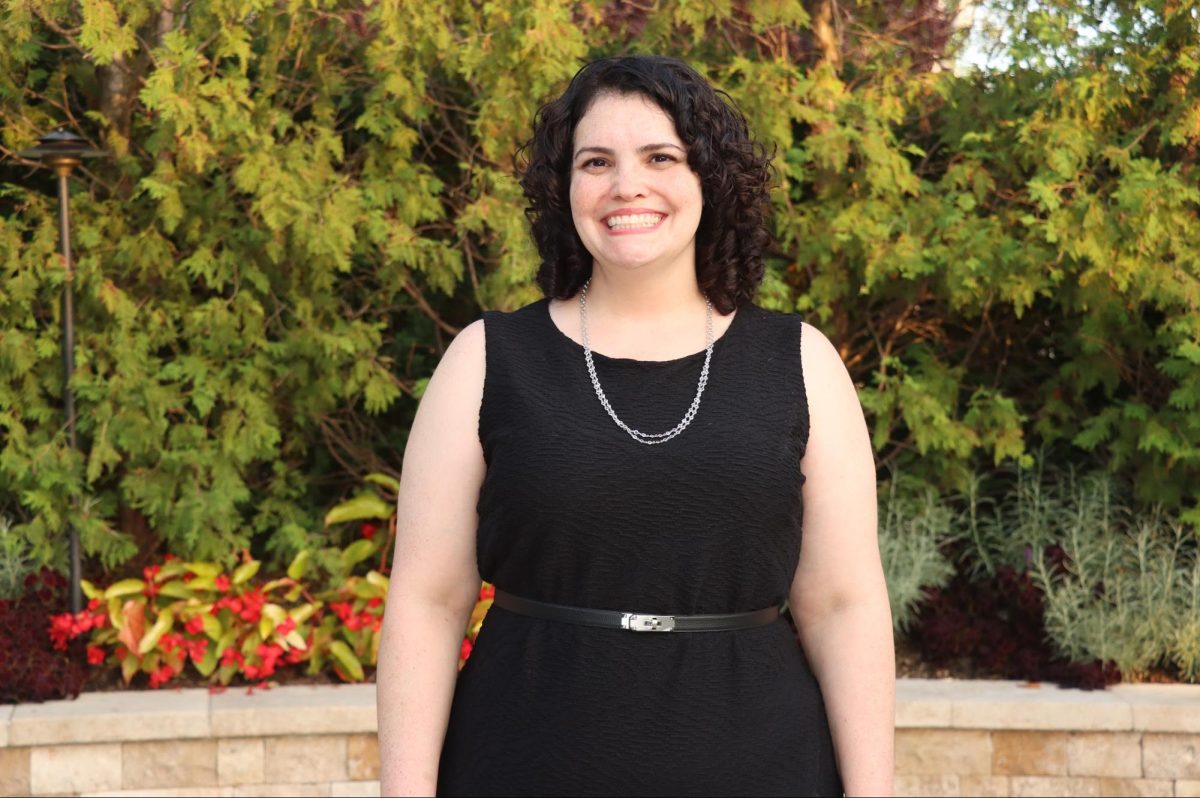


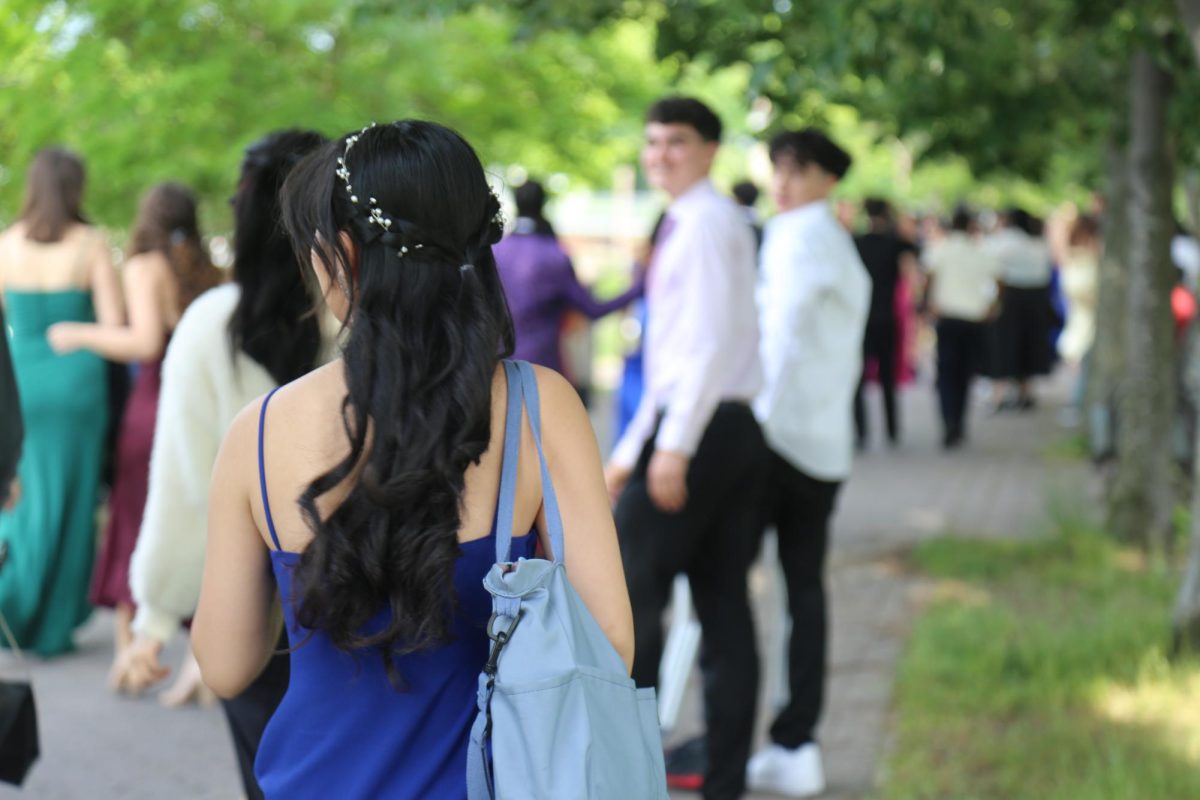
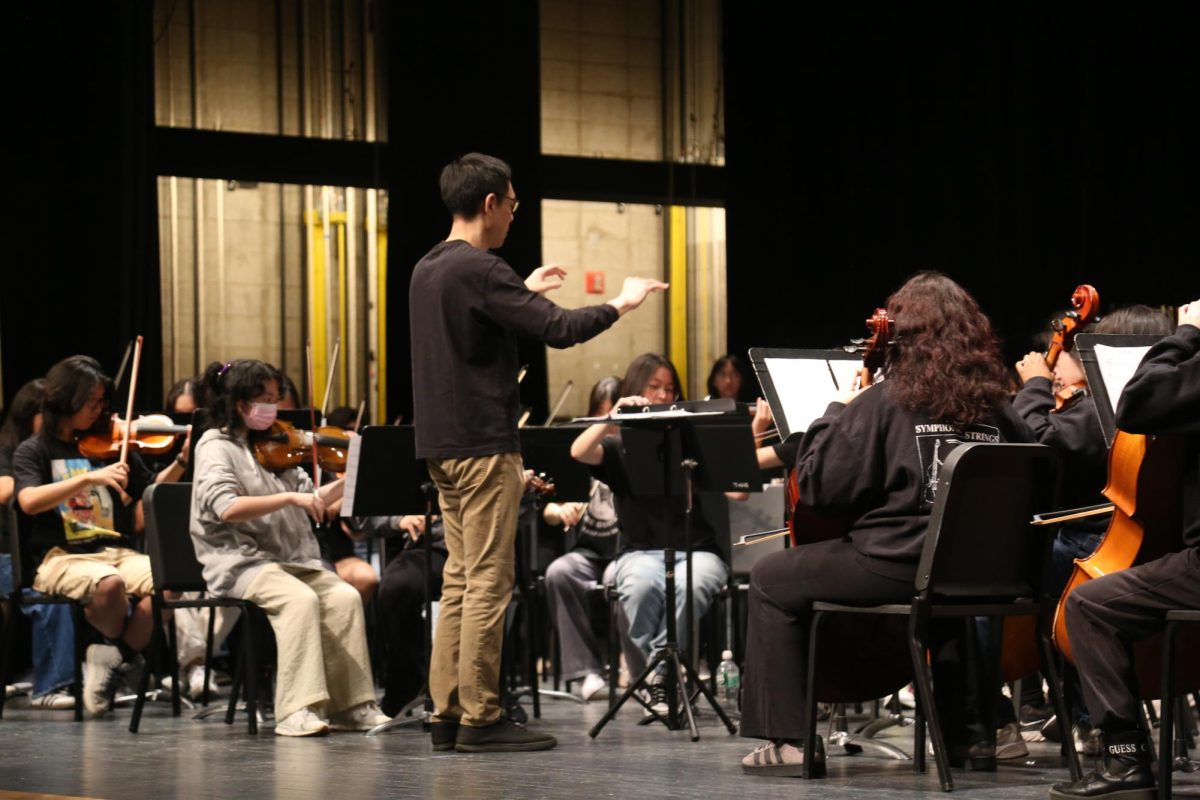
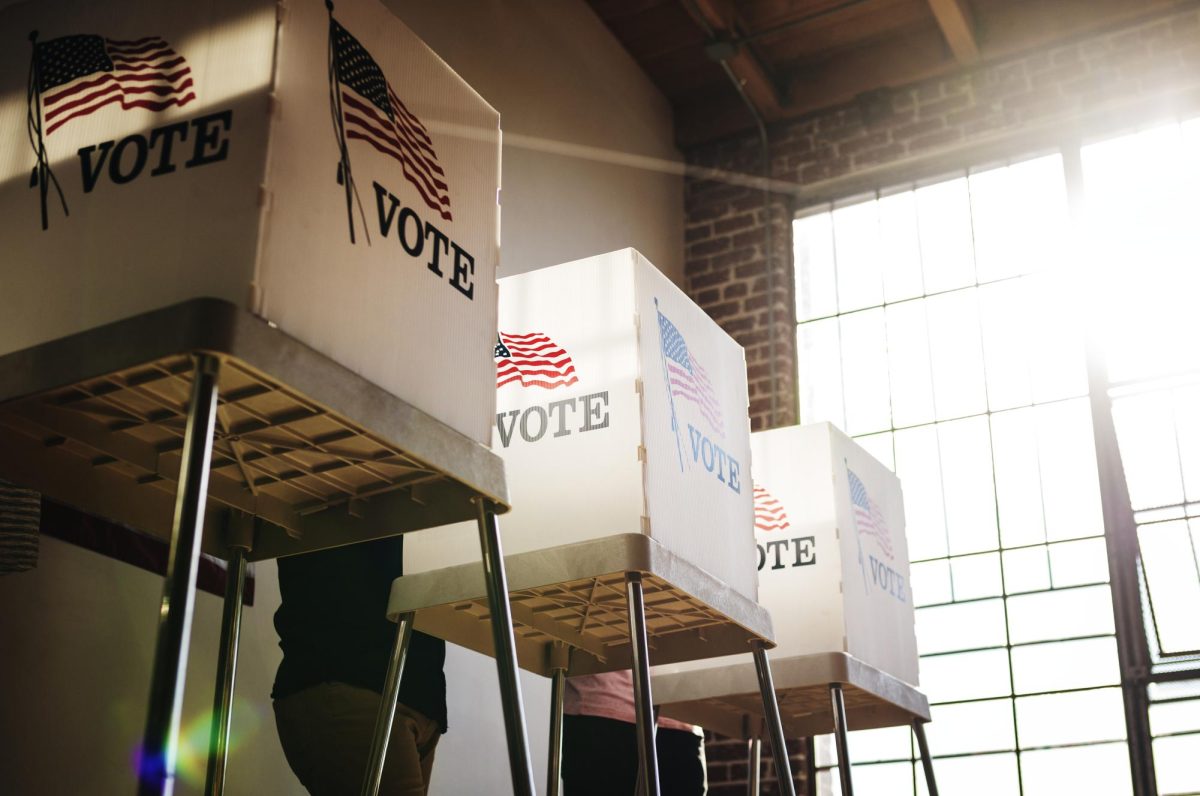


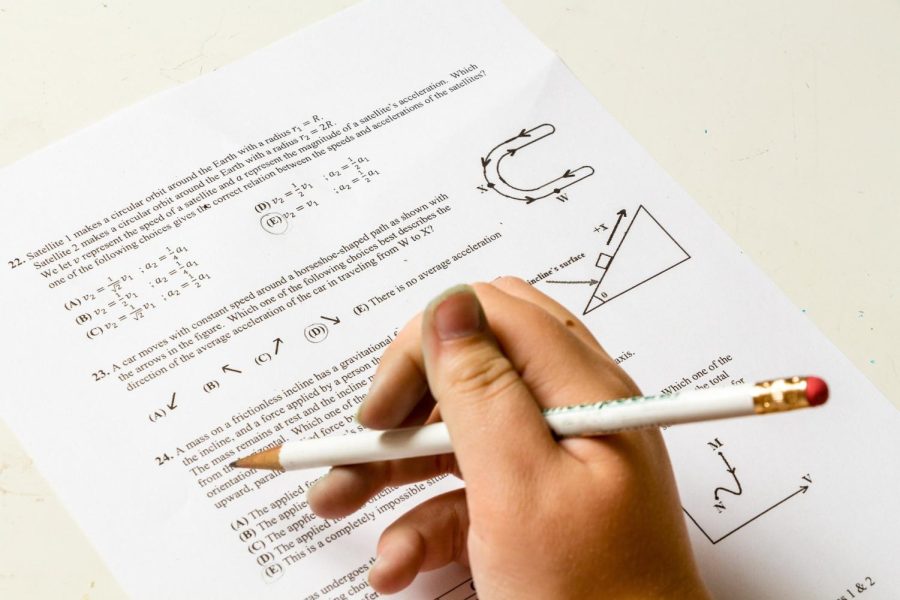




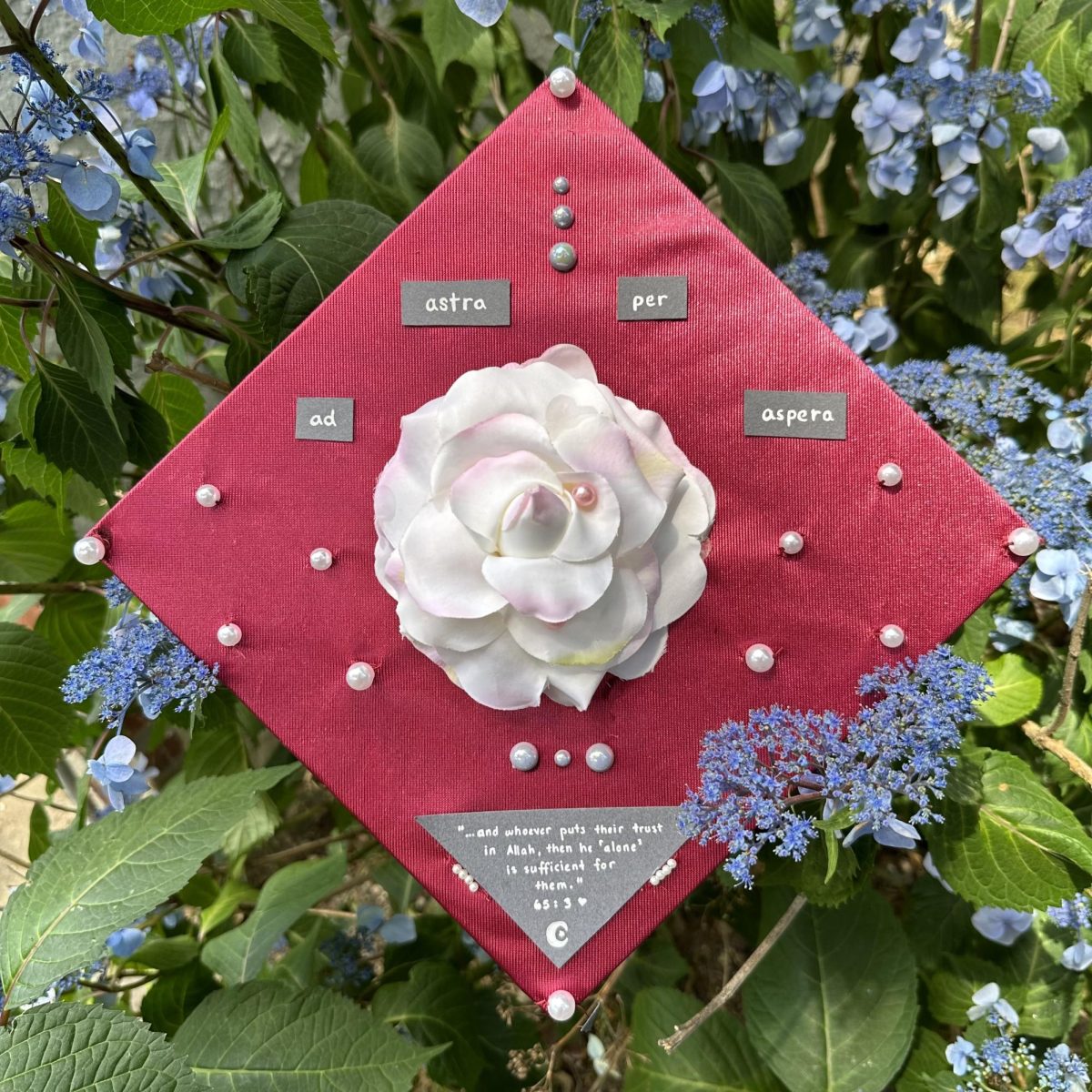







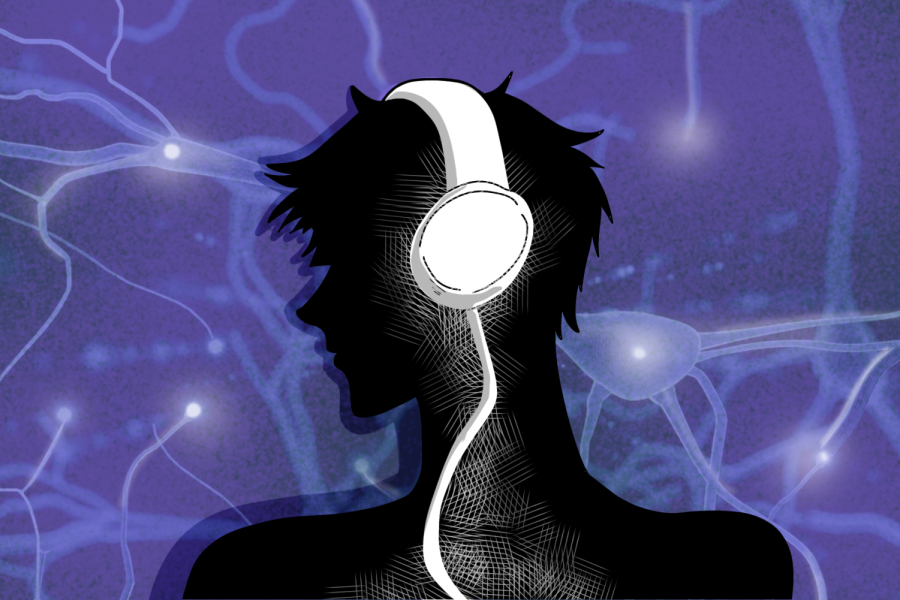


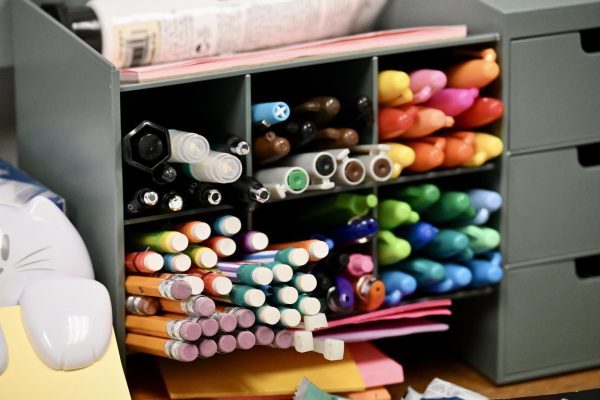





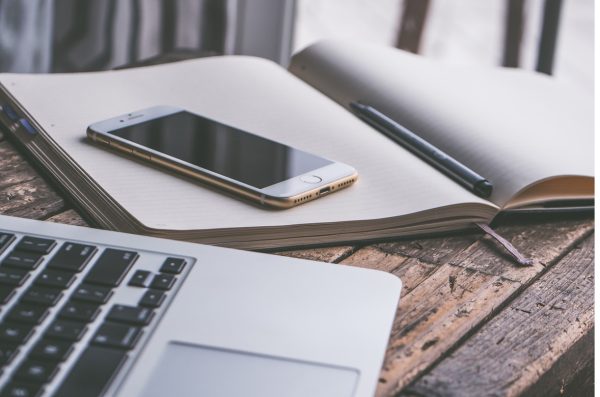


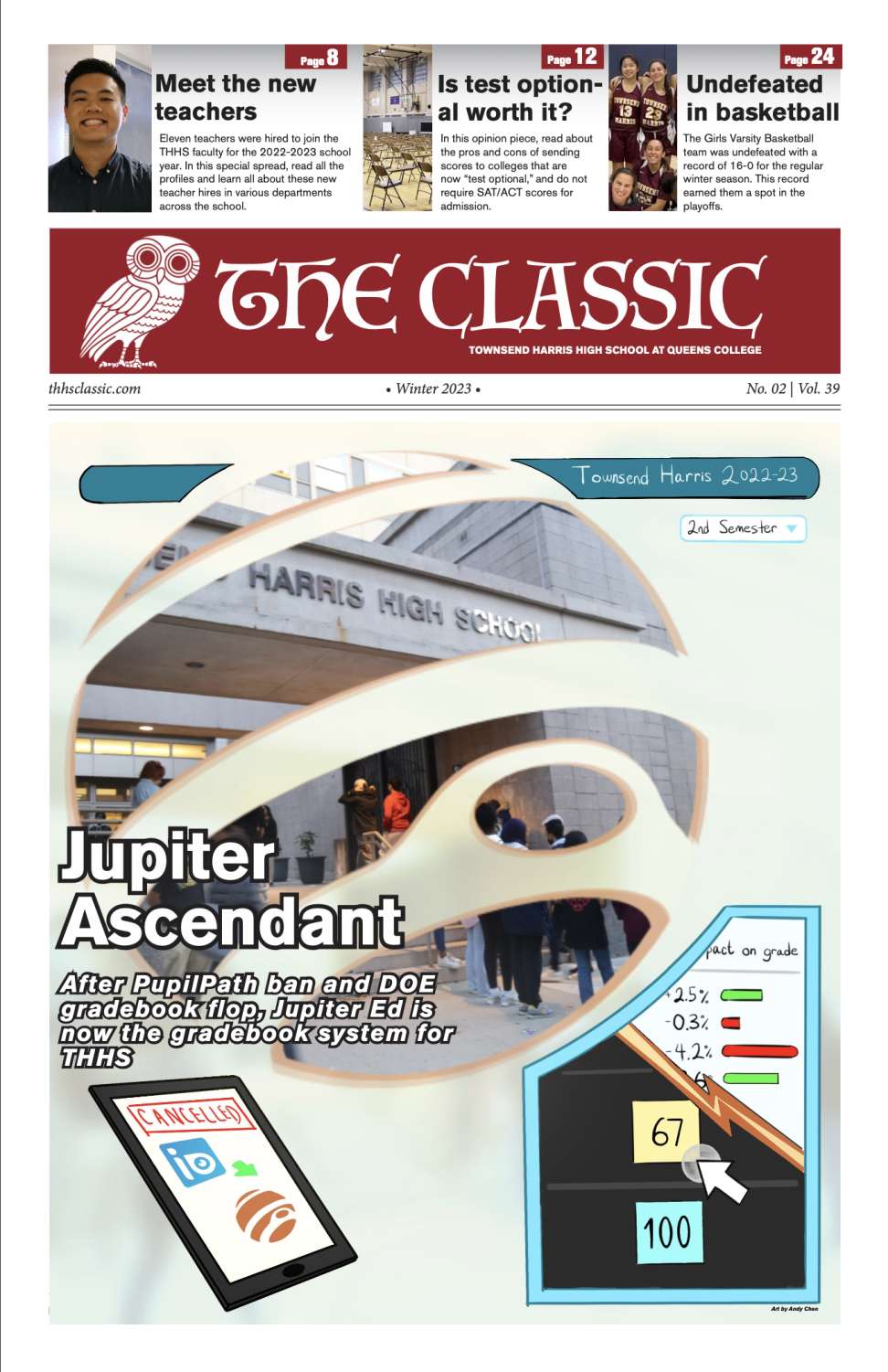
R • Apr 5, 2023 at 3:56 pm
This is a very informative and important article